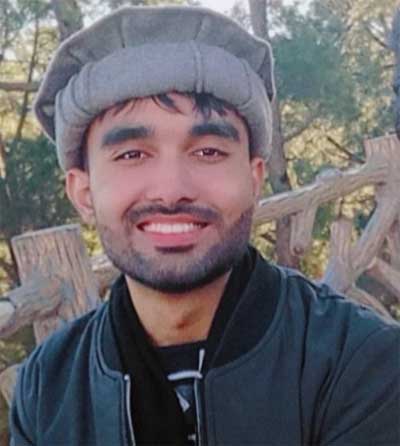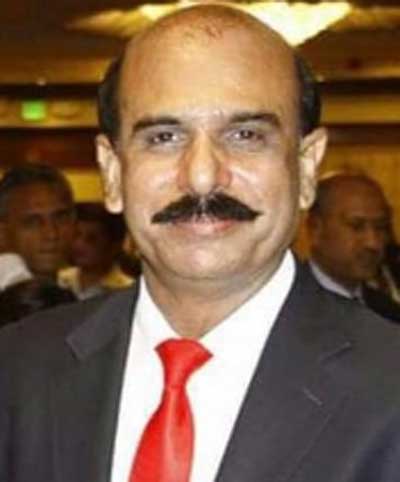As Pakistan went into general elections on Thursday, 08 February 2024, and political parties across the board were long running elections campaigns at full throttle, it appears very much a need of an hour to analyze the whole elections phenomenon with a different objective. That is: to check for social media’s influence on the voting behavior of PTI and PML-N supporters.
To ascertain relevance and to collect real-time data, a pilot study was conducted and an online survey questionnaire was floated to individuals aged 15-40 with varying educational, professional and regional backgrounds. The rationale for choosing this age group for study was that the individuals of this particular age-bracket are more susceptible to information channeled through various social media platforms and also because the same group constitutes majority of Pakistan’s population. Quantitative methodology was used to dig out the voting patterns and the influence of numerous social media platforms out there on the voter’s choice of political leader and/or party.
The themes identified for analysis of responses received were: age as a determinant of a voter’s choice of political party; public’s trust in social media; and impact of content on social media on the general public’s voting behavior. The data revealed that 8 percent respondents from the 23-30 age group supported Pakistan Muslim League (N) along with 5 percent respondents each from 15-22 as well as 31-40 age group. Similarly, 34 percent respondents from the 15-22 age group supported the Pakistan Tehreek-e-Insaf along with 36 percent respondents from 23-30 age group and 7 percent respondents from 31-40 age group.
The data shows that only 7 percent of the total respondents were sure of the fact that whatever they come across on social media is completely reliable. Whereas, a little less than half of the respondents trusted social media to some extent. Similarly, a good 33 percent of the total respondents preferred to remain neutral with regards to reliability of information on social media. Although, not trusting the information or say political campaigns on social media, yet majority of the respondents of both the Pakistan Tehreek-e-Insaf as well as Pakistan Muslim League (N) revealed that their party preference stands largely influenced by social media. Another important factor analyzed here was how social media is influencing the voting behavior of Pakistani public with regards to the upcoming general elections is the nature and type of content on social media. A question asked in the online survey questionnaire was whether it was candidate’s profile, policy decisions or news on social media thatinspired the public to either reinstate or shift their political affiliation.
Albeit, 43 percent of the respondents were seen favoring policy decisions of political parties floated on social media when deciding which party/leader to vote for, 31 percent of the total respondents tick marked candidate’s profile. The data indicates that amongst the followers of PTI, respondents favoring PTI for their policy narratives are a little more than those preferring candidate’s profile while expressing political views. Whereas, 20 percent of respondents supporting PTI expressed that their support for PTI is mainly drawn from news articles they encounter on social media. In comparison, although only 18 percent respondents affiliated themselves with PML-N politically, yet 55 percent of the total PML-N supporters favored it for its policy decisions.
Although, Pakistan Tehreek-e-Insaf can be tagged as having the majority support but specifically only from the considerably young people – respondents from 15-22 and 23-30 age group. As far as respondents aged 31-40, there seems to be only a marginal difference between supporters of PTI and PML-N. Whereas in the other two age groups, the difference in the number of PTI and PML-N supporters is quite significant. Even if the factor of social media is not considered and political inclinations of the respondents are evaluated, the same exercise implies that as the respondents climb up the age ladder, their political associations vary only minimally either because of an experienced and pragmatic approach towards politics now or otherwise. It can also be due to the fact that with advancing age, people start observing and responding to various daily life happenings and events including social, political and economic more realistically and less emotionally.
A significant factor that supposedly plays a significant role in determining public’s voting behavior and political association is their trust in the modern-day infotainment tool – social media. The world today is more globalized than ever and so impactful is the role of this tool of globalization which not only connects peoples together but informs them of the experiences and livelihood patterns of each other as well. This was not the case a decade or two ago.
The political parties thus find it more convenient to channel filtered information as well as party’s political agenda to general public out there through social media accessible to everyone on mobile phones. In today’s times when every political party in Pakistan is thriving to actively interact with public on various social media platforms to strengthen their voter base, it is quite disturbing to see that majority of social media users in Pakistan do not trust social media completely. This state of affairs undoubtedly raises serious concerns regarding the credibility of both the political parties as well as the information which they share with public on social media every now and then.
Based on the analysis, it can be remarked that Pakistan Tehreek-e-Insaf enjoys dominant support among relatively younger population, however, differences diminish as age increases. In spite of widespread distrust among the respondents with regards to political information floating on social media, a substantial proportion still relies on it while shaping their political opinions.
This paradox suggests that although concerned, the citizens are influenced by the political campaigning prevalent on social media stressing the need for transparent and ethical online political practices. The findings underscore the importance of media literacy initiatives to empower the public in critically evaluating information.
Furthermore, since a significant fraction of the individuals surveyed appears to be impressed by leader’s persona more, civic education programs should be introduced emphasizing the importance of policy decisions. For effective governance, those in policy making echelons need to opt for efficient fact-checking mechanisms in order to discourage indecent and confrontational political campaigning on social media. Only by ensuring that the public receives credible political information through social media platforms and thus promoting informed decision making, Pakistan can foster a robust and participatory democratic process.
Beyond likes & shares: Demystifying social media impact on PTI, PML-N supporters




